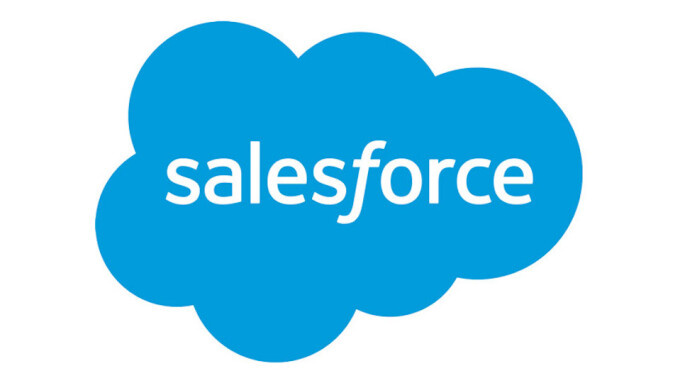SAN FRANCISCO — A California appeals court sided with Salesforce last week and dismissed a lawsuit by 50 “Jane Does” claiming that the cloud-based software company was liable for their alleged sex trafficking because it had provided services to the now-defunct classifieds site Backpage.com.
The ruling dismissed the plaintiffs’ appeal on the basis of Section 230 protections.
The lawsuit, the Mercury News reports, had been “first dismissed in March 2020 in San Francisco County Superior Court, [also] on the basis that Section 230 of the federal Communications Decency Act protects websites from liability for third-party conduct.”
Backpage.com was shuttered and seized by the FBI in 2018, shortly before FOSTA-SESTA was signed into law by President Trump. The prosecution of its former owners, Mike Lacey and Jim Larkin, is ongoing and resulted in a mistrial late last year.
The Jane Does allege that "pimps and human traffickers" had placed ads on Backpage.com advertising sexual encounters with them.
Using Lawfare to Create Chokepoints Against Adult Content
The Salesforce lawsuit’s dismissal is a step back for War on Porn and anti-sex-workers' rights crusaders, who have been determined to use different forms of lawfare to create chokepoints against anyone operating a sexually-oriented website.
By targeting purely technical contractors like Salesforce, the lawyers and lobbies fomenting the constant litigation against platforms for user-generated content were hoping to find more deep-pocketed, supposedly liable parties who would then think twice about providing services to adult websites.
Eric Goldman, a Santa Clara University law professor who studies Section 230 issues, spoke to the Mercury News about the case.
“It’s the right conclusion,” he said. “The plaintiffs in this case are alleging that pimps engage in sex trafficking, and that they were helped in doing so by running ads on Backpage, and that Backpage was helped in its operations by Salesforce.”
“The victims are three steps away from Salesforce,” Goldman added.
Goldman also explained that Section 230 protections are currently “a really murky area,” and that another lawsuit in Texas against Salesforce resulted in a ruling “saying that Section 230 may not fully shield the company from legal liability.”
“No single ruling is going to clean it up unless it’s from the Supreme Court,” he concluded.








